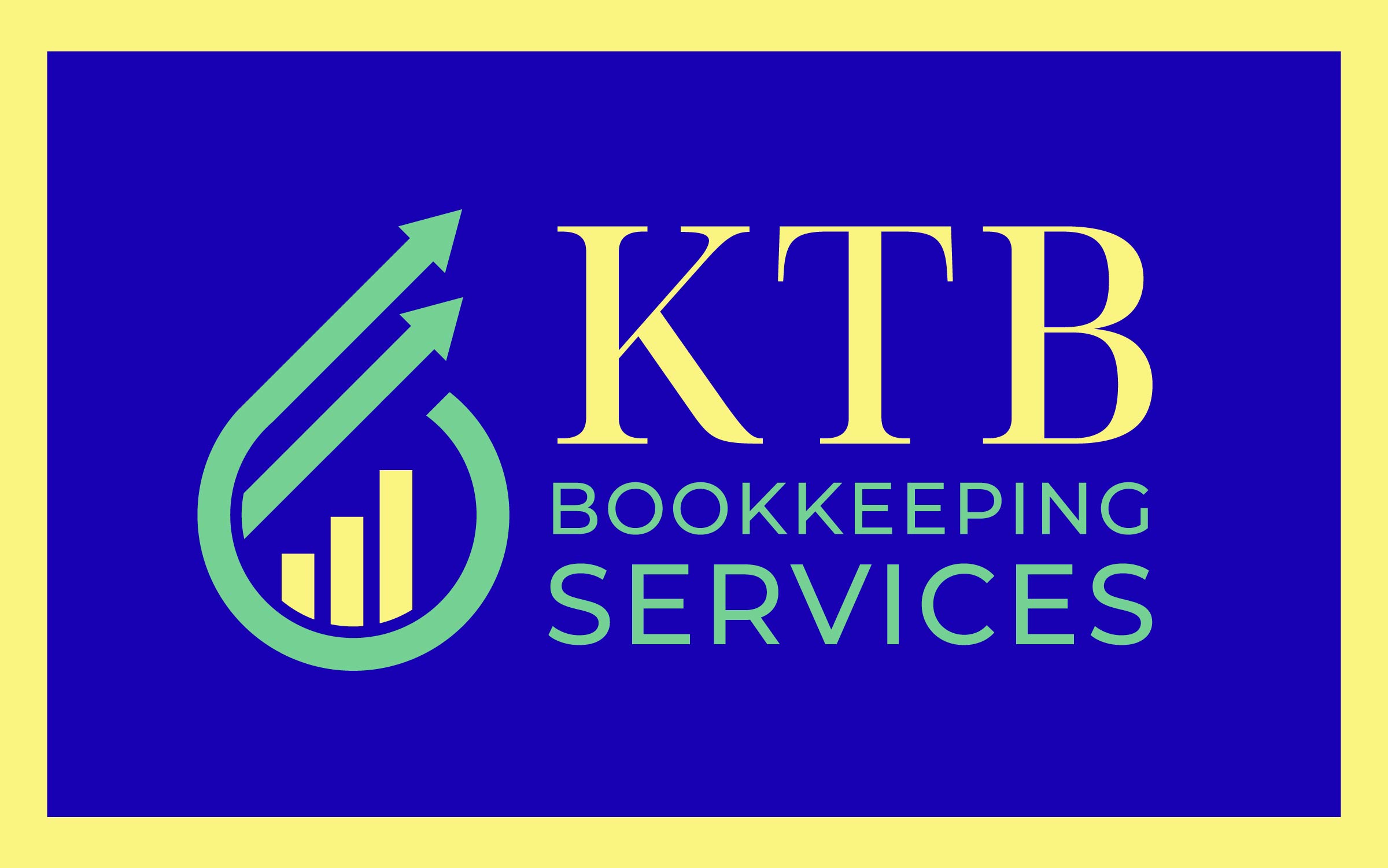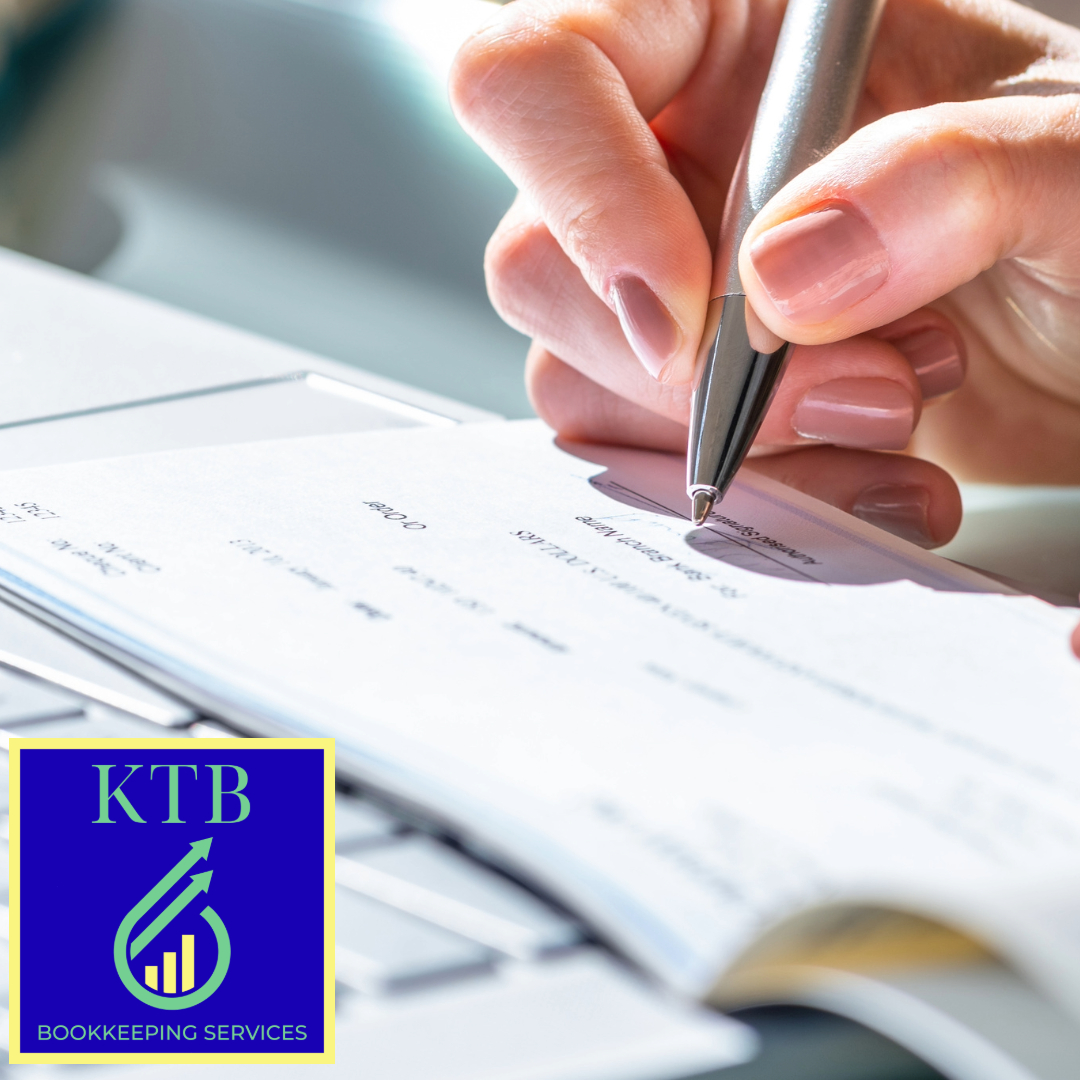As a business owner, you’re likely familiar with the struggle of trying to manage everything—from operations and customer relations to finances. Amidst all this, it’s easy to overlook one crucial aspect of financial management: reconciling your accounts. Unfortunately, neglecting this task can lead to costly overdraft fees and a distorted view of your business’s financial health.
The Overdraft Trap
Imagine this scenario: You’re running your business, issuing checks, and using your debit card for various expenses. Your bank shows a balance of $2,000, so you confidently write a check for $500. But then, a few days later, you’re hit with an overdraft fee. What happened?
The issue lies in the difference between your bank balance and your actual available balance. When you issue checks or make debit card payments, those transactions might not immediately reflect in your account. While the bank shows a higher balance, the money you’ve committed isn’t fully accounted for yet. As a result, you might think you have more money available than you actually do. By the time those transactions clear, your account could be overdrawn, leading to unnecessary fees.
Reconciling Your Accounts: A Vital Step
To prevent this situation, it’s essential to reconcile your accounts regularly—at least once a month. Reconciling means comparing your bank statements with your internal records to ensure everything matches up. This practice allows you to:
- Verify your actual balance: You’ll know exactly how much money you have available after accounting for all pending transactions.
- Catch errors: Mistakes can happen, both on your end and the bank’s. Reconciling helps you identify and correct discrepancies early.
- Avoid overdrafts: By keeping an accurate record of your transactions, you can ensure you have enough funds to cover any checks or payments you’ve issued.
The Consequences of Neglecting Reconciliation
If you skip reconciling your accounts, you’re essentially operating with blinders on. You might think your finances are in good shape based on what the bank shows, but in reality, you could be on the brink of overdrafting. When you do finally notice an issue, it might be too late—overdraft fees have already started accumulating, and your financial stability takes a hit.
Additionally, reconciling isn’t just about avoiding overdrafts; it’s about maintaining overall financial health. Regular reconciliation gives you a clear, accurate picture of your business’s finances, allowing you to make informed decisions.
A Simple Step to Financial Peace of Mind
Reconciling your accounts doesn’t have to be a daunting task. It’s a simple step that can save you from the stress of unexpected fees and financial uncertainty. By keeping your records up to date and matching them with your bank statements, you’re taking control of your business’s financial future.
At Keeping the Books, we understand the challenges of managing your finances while running a business. That’s why we’re here to help. Whether you need assistance with reconciliation, bookkeeping, or any other financial service, we’re committed to helping you maintain a healthy, thriving business.
Don’t let overdraft fees catch you off guard. Make reconciling your accounts a priority and enjoy the peace of mind that comes with knowing your finances are in order.



